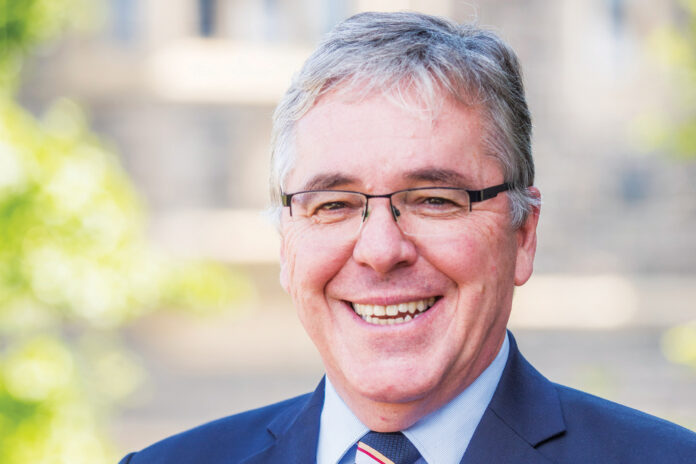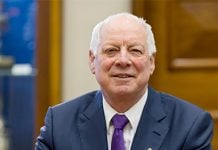Schools pay a great deal of attention to health, physical education and sport for very important reasons.
The Melbourne Grammar School vision statement alludes to this by stating ‘Melbourne Grammar aims to develop fully within its students the whole person: intellectually, physically, emotionally, psychologically, socially and spiritually’. Sport is compulsory at Melbourne Grammar and we make no apologies for taking that stance, being aware that there are many benefits which emerge from involvement in team or individual sports. The Sports Review that the School conducted in 2016 sought views from students, staff and parents concluded strongly that compulsory sport is viewed as a major strength of the School.
A report in the American Journal of Preventative Medicine (2003) stated that frequent participation in sports in after-school hours is associated with high levels of physical activity in adulthood, for both males and females. This study concluded that, for males, adolescent participation in ball games, endurance sports and track and field is associated with a very high level of adult activity in later life. Therefore, a lifelong benefit of improved health and wellbeing is an important outcome of sport in schools.
The Australian Government this year launched its national sports strategic plan entitled Sport 2030. Mr John Wylie AM, Chairman of Sport Australia, writes ‘Sport promotes young Australians to be active, producing on the whole better results at school and providing the early foundations of skills and habits that help them remain healthy and active throughout life. Sport promotes social inclusion and cohesion and teaches vital lifelong personal qualities of character, resilience and teamwork, as well as the life lessons gained by both winning and losing’.
The Association of Public Schools of Victoria (APS) is the governing sporting body to which MGS belongs. APS Sport has holistic pursuits and aims to:
• promote health and fitness, and value teamwork and fair play through participation
• provide high quality diverse sporting competitions commensurate with the age and ability of students
• provide a safe competition with appropriate facilities
• foster individual talent, leadership, team spirit and ethical behaviour in all students
• respect our heritage, whilst being responsive to the changing needs of students.
When I discuss school sport with many older Old Melburnians, they are surprised to hear of the range and number of Melbourne Grammar sports that are now played, as well as the size of the APS school competition. Considering that sports as diverse as soccer, hockey, water polo, footsal, diving, touch, cross country and volleyball are part of more than twenty sports which make up the official APS offering, a very different sporting landscape occurs today, as it should be.
Melbourne Grammar sport focuses on the pursuit of excellence, enjoyment, teamwork and friendship. Our sporting culture is defined by a balance between collaboration and competitiveness. Competitive sport begins in Year 3 for boys and girls with inter-House competitions which continue through to Year 12. Inter-school competition commences from Year 5 onwards, as weekly training and inter-school matches become part of every student’s experience. Students choose from a wide variety of seasonal sports to match their skills, interests and year level.
The time, commitment and energy required by a full sporting programme is considerable for students, staff, parents and school resourcing, but the outcomes are well worth it. Indeed, professional sport has become a realistic career choice for a number of recent Grammar students and that is only likely to grow in the future. As famous tennis player, Billie Jean King, once said, “Sport teaches you character, it teaches you to play by the rules, it teaches you to know what it feels like to win and lose. Put simply, it teaches you about life.”
Roy Kelley Headmaster



